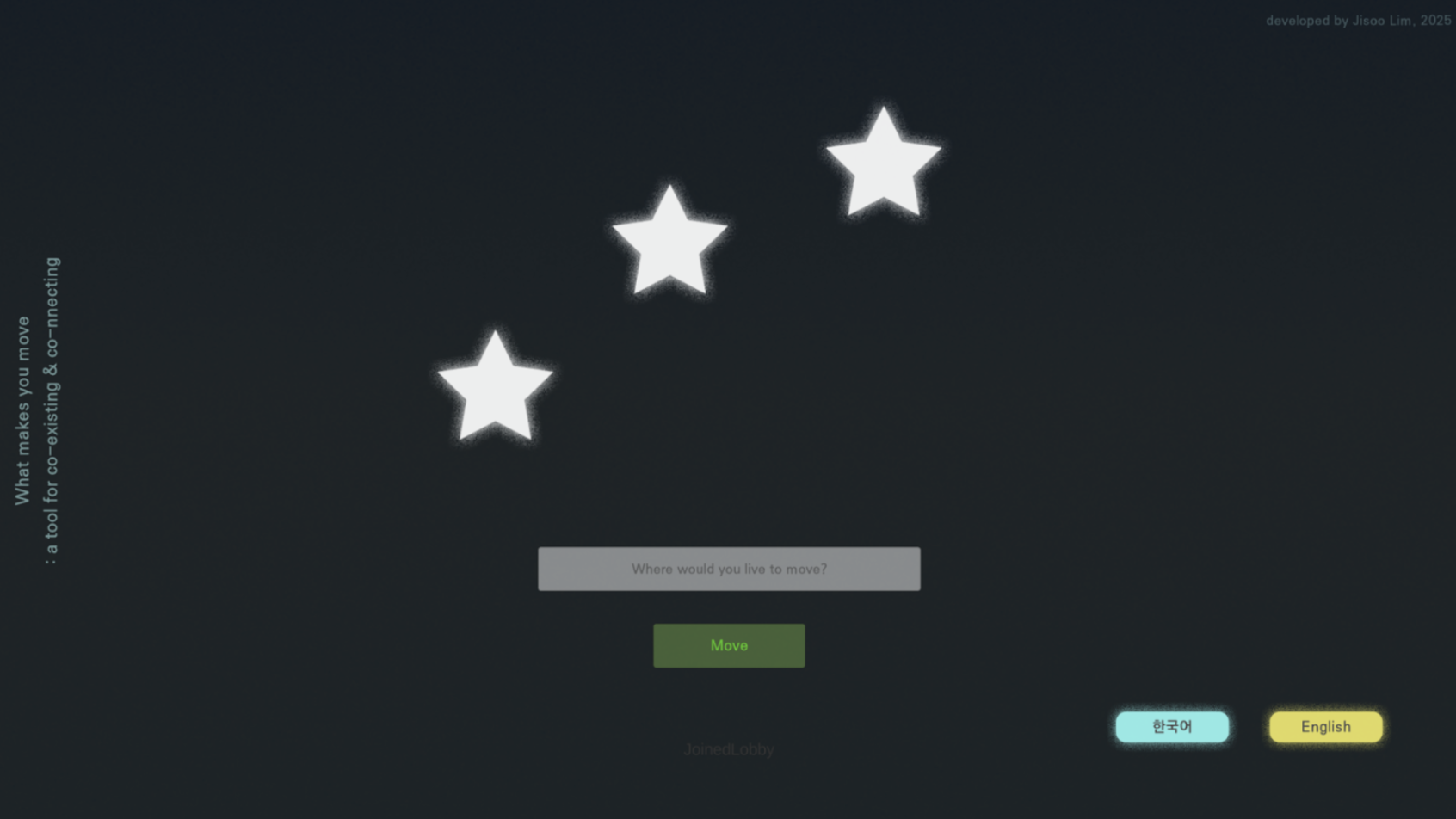 home
homeBeyond the Pews: Exploring Queer Korean Protestants’ Experiences and Ways of Co-Existing
Abstract
Since 2007, the strong anti-queer stance of Korean Protestant churches has hindered the enactment of anti-discrimination laws and erased the presence of queer Protestants both within churches and queer communities. This study looks into the lived experiences of seven queer Protestants in South Korea through individual interviews and a group session, using a browser-based, game-inspired dialogue tool developed by the researcher. Despite differing identities and experiences, all participants recognised the harmful effects of church-based queer antagonism and the need for more inclusive faith communities. Based on these insights, the study proposes the necessity of a community grounded in difference and diversity rather than uniformity, and speculates on new forms of solidarity, primarily through digital spaces.
(▼Click to read the full-text)
Beyond the Pews: Exploring Queer Korean Protestants’ Experiences and Ways of Co-Existing
What Makes You Move

✰ Play link : https://dreamy-souffle-333c11.netlify.app/ (Chrome browser recommended)
What Makes You Move is a browser-based multiplayer game designed as a research tool and a space for collective reflection. Created as part of my Master’s thesis on queer Protestant identity and community, the game invites players to respond to a series of open-ended questions given by a host, through words, movement, and spatial interaction, within a shared digital environment.
Each participant types their answers into a chat box, which simultaneously becomes a vehicle for movement. As players write, their characters travel across the screen, leaving behind traces of text that map their thoughts across a virtual space. When players use the same word, they can choose to teleport to each other’s position, creating spontaneous moments of encounter, proximity, and resonance.
Rather than aiming for consensus or coherence, What Makes You Move encourages divergence, entanglement, and partial connection. The game explores what it means to think, feel, and move together, even when we remain different. It proposes a soft, playful alternative to linear dialogue and fixed identity, allowing participants to assemble, disperse, and meet again.
Originally developed for a focus group interview with queer Protestants in Korea, this experimental tool reimagines what research, storytelling, and community-making might look like when approached as a game.